Our second Nature
Being endowed by nature with many possibilities, man had to go beyond the realm of simple survival and enter the realm of creativity and innovation, thus activating his natural ability to shape his environment in order to meet his increasingly complex needs.
When human beings began to separate from their first nature (Pleistocene era), their relationship with nature was largely complementary. Yet even these prehistoric peoples, often the subject of mystical worship for their deep connection with Nature, were modifying the wild environment in which they lived.
Early hunters, according to Stephen J. Pyne in his highly interesting study, seem to have been less than dedicated to the maintenance of primeval forests; hunter-gatherers used fire on a large scale to create pastures for herbivorous animals.
The difference, of course, is that man at the time was using his skills, not fully aware of his potentially "dominant" role. But acting instinctively as an element of nature, like an endowed mammal....Can`t blame a tiger that eats antelope right?
In the process, humans become creators of a second nature within the first and conceive of it as a c o u n t i o n . The social system therefore becomes the determining factor in human-nature interaction. For example, as soon as human exploitation of man by man and competition are accepted, we are de facto led to a logic of domination and exploitation of nature or of the weaker creatures that make it up.
And yet it is not so long ago that even in our own mountain communities, an ecological sensitivity was observed, a product of close contact as well as a relationship of experiential dependence on the natural environment. A relationship that has been perfectly described by Cornelius Castoriadis in the following words:
"In the country where I come from, my grandparents` generation had never heard talk of long-term relativization, of externalities, of continental drift or of the expansion of the Universe. But they still, even in their old age, planted olive and cypress trees, unconcerned with questions of cost and return. They knew they would die, but they were digging the earth for those to come, and perhaps for the earth itself.
They knew that, whatever "power" they had, that power had no beneficial effects if they did not obey the seasons, if they did not watch the winds and respect the changeable Mediterranean, if they did not cut down the trees at the proper time and leave the must the time it needed to boil. They did not think in terms of threat - perhaps they did not even understand the meaning of the word - but they acted, lived and died in a year truly without end. Apparently the country had not yet developed."
These people may not have had an organized theory to frame their actions, but they had a sense of belonging and an experiential awareness of the limits of natural resources as a necessary condition for the survival of the community. In our time, our mountains, our forests, our rivers, our seas are our assets and we have to experience them as our property.
We need a re-imagining of nature, with man within it as its consciousness and not as its master.
Yours sincerely, George Lucas
